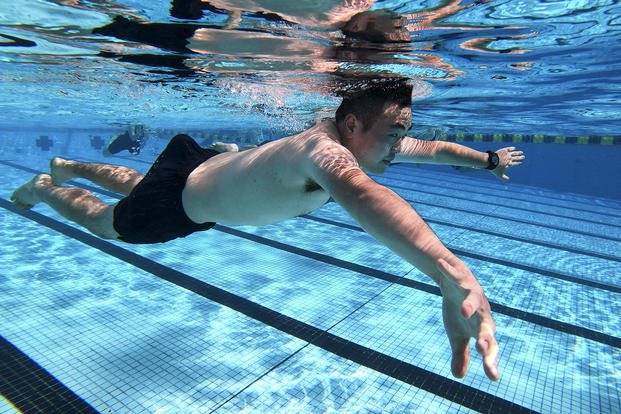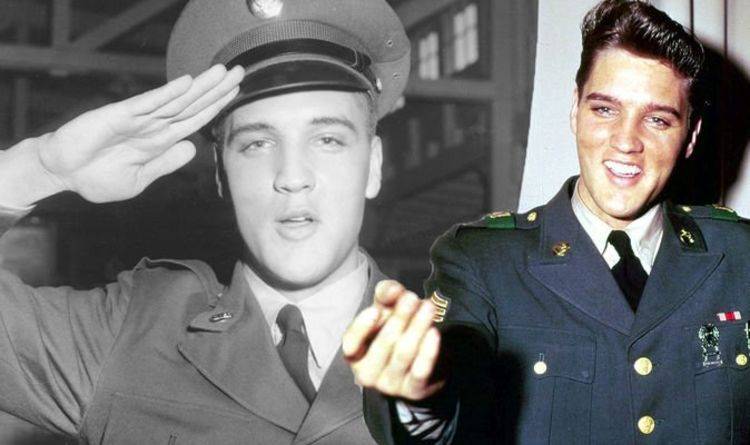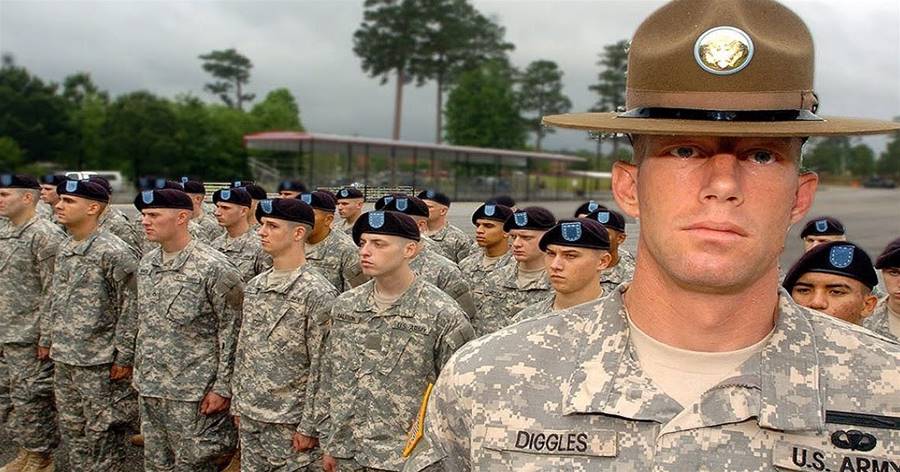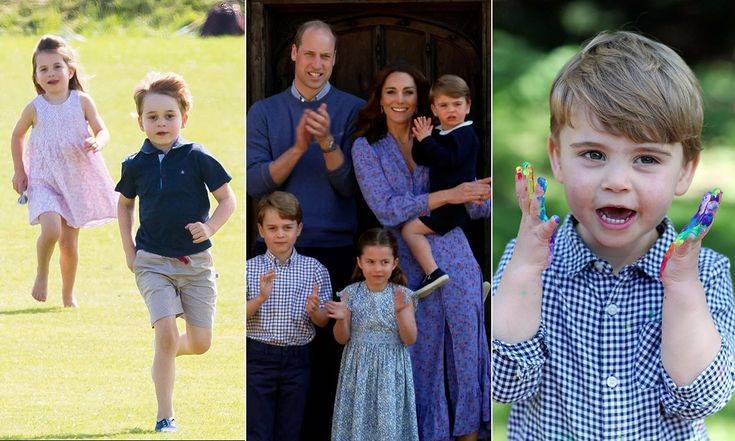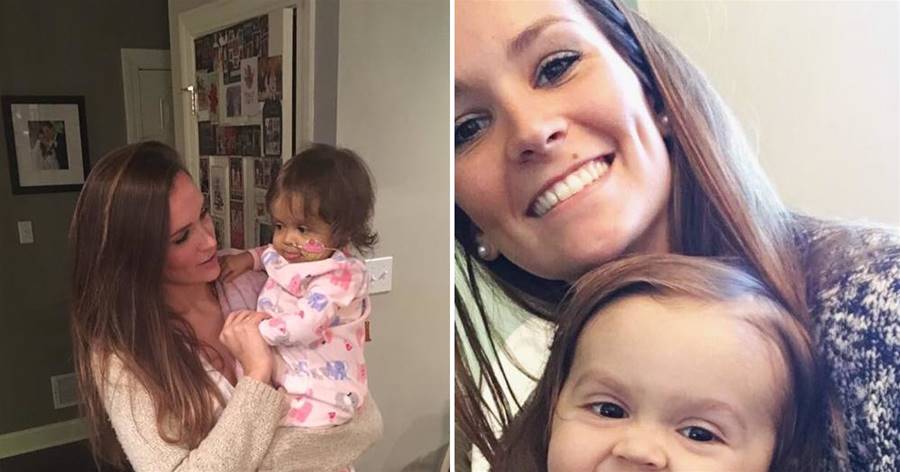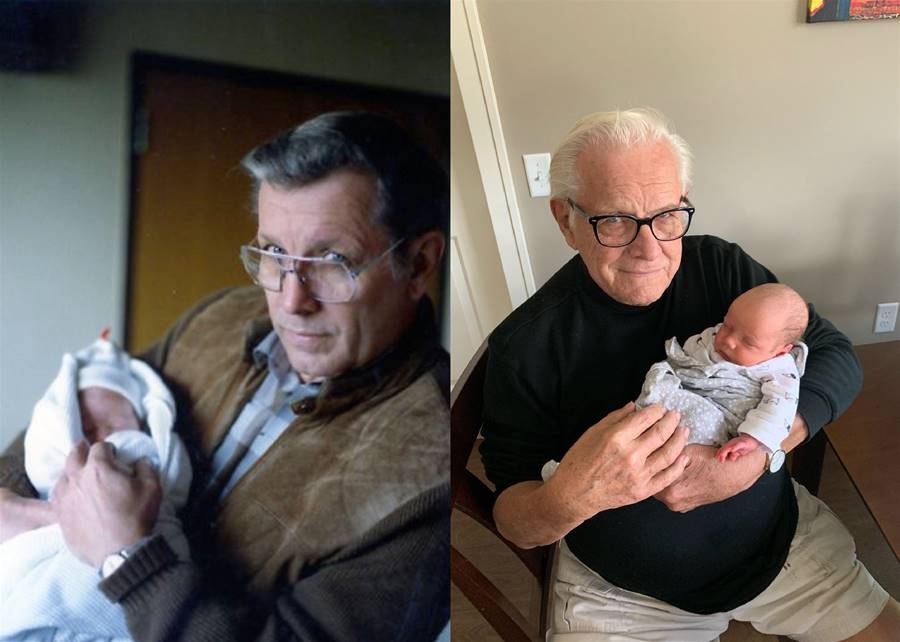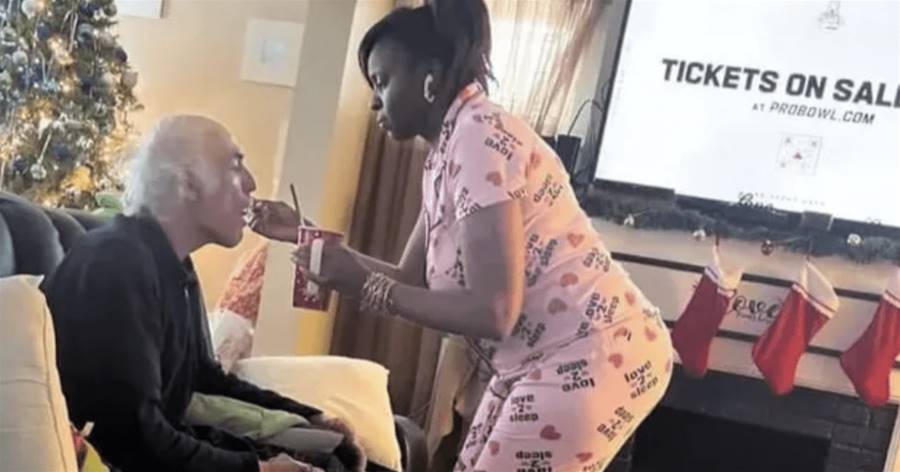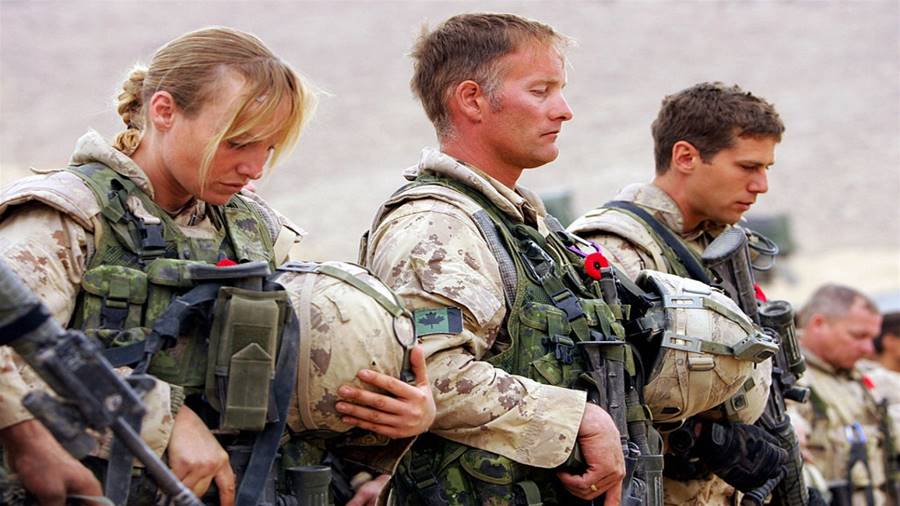
A veteran suffering from post-traumatic stress disorder and a traumatic brain injury was offered medical assistance in dying by an employee of Veterans Affairs Canada.
The VAC released a statement last week admitting to an incident "where medical assistance in dying was discussed inappropriately" with the veteran. The department pledged that "appropriate administrative action will be taken" after the veteran expressed outrage at the suggestion, according to a report in Global News.
According to the report, the veteran called VAC seeking when the employee brought up medical assistance in dying, or euthanasia, unprompted.
The veteran was reportedly shocked by the suggestion. His family told Global News that the soldier had been making positive progress in his physical and mental rehabilitation and that he felt betrayed by an agency that is tasked with assisting veterans.
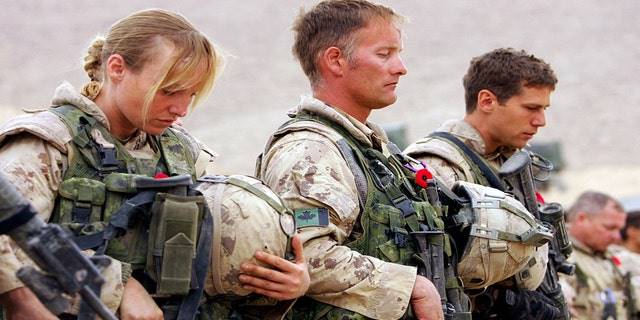
The veteran's ordeal has since raised fears that the exchange may not have been an isolated incident, leading to questions about how often the agency has offered or discussed MAID with those .
The agency has since apologized to the veteran in follow-up call after the incident resulted in several complaints, with the VAC saying it "deeply regrets what transpired.
"
Canada legalized MAID in 2016, with 2021 amendments broadening eligibility for those requesting the procedure. People suffering from mental disorders will also be allowed access to MAID starting in 2023.
But discussing MAID with veterans is not within the scope of the VAC, an agency in charge of the care of a population already at higher risk of suicide.
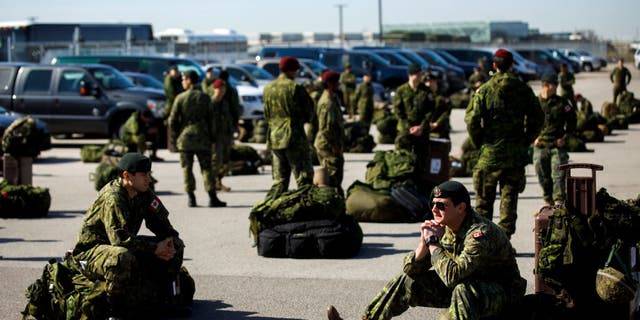
"Providing advice pertaining to medical assistance in dying is not a VAC service," the VAC said.
In 2017, the Canadian government introduced a new suicide-prevention strategy for
and veterans which promised improved care and services. The plan also provided training to medical staff on how to respond to the warning signs of suicide.
Reached for comment by Fox News, a VAC spokesperson said "advice pertaining to Medical assistance in dying is not a VAC service."
"VAC’s Case Managers, Veteran Service Agents, and Veteran Service Team Managers have no mandate or role to recommend medical assistance in dying to Veteran clients," the spokesperson said. "Considerations for medical assistance in dying are the subject of discussions between a patient and their primary care providers to determine appropriateness in each individual context.
It is covered through the provincial and territorial health authorities and is administered by a physician or nurse practitioner directly to the individual.
"We are investigating what occurred. We have not found any other similar incidents," the spokesperson continued. "This isolated incident is not indicative of a pattern of behaviour or a systemic issue."

